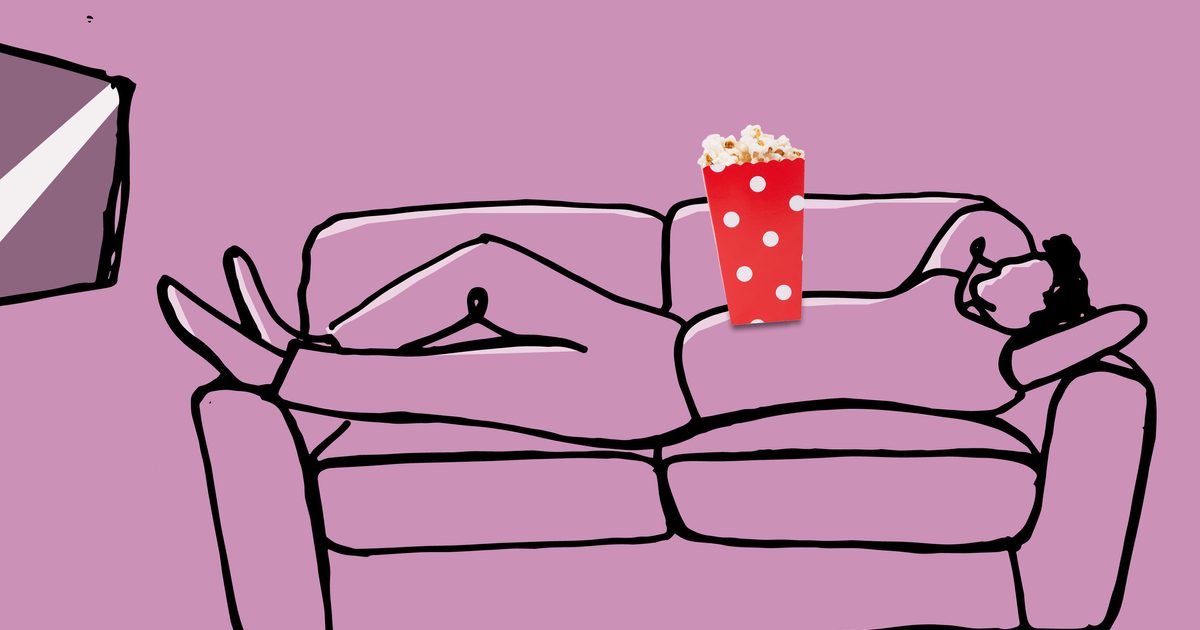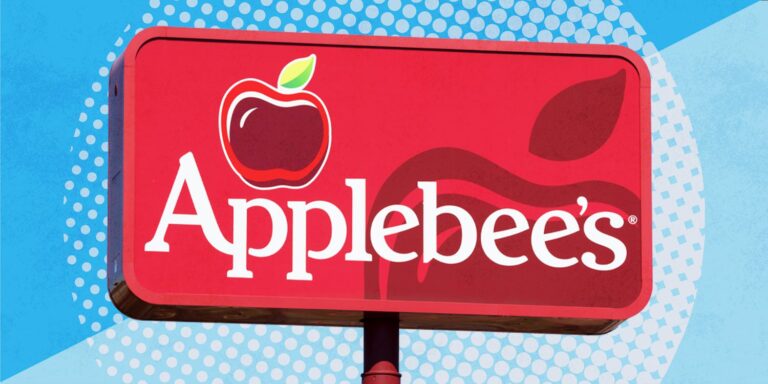8 Way
So if you ever had the feeling of disguising your healthy nutritional plans if you haven’t caught enough ZS, science says that you are probably right. The poor sleep quality sabotages its food selection – and why prioritization of calm could be the best hack for healthy eating that you have ever tried.
1. Tired brain longs for calories
Have you ever noticed that your first instinct will take pastry after a hard night? This is usually not a lack of self-control-your brain is your brain, which writes after quick energy. Studies show that sleep deprivation improves the activity in the brain’s reward centers in response to junk food, which means that they are more likely to be fat and long with high sugar options.
“Higher calorie foods, especially sugar -containing, greasy and salty foods, can provide fast energy tests that our body is tired of,” explains the registered nutritionist Jemma Joel. “However, this dopamine goal is often short-lived and can have an opposite effect, which makes us feel tired and more dazed.”
2. Your hunger hormones are twisted
Two hormones – Ghrelin and Leptin – control hunger and abundance. Ghrelin tells your body when it is hungry; Leptin says it says when you stop eating. But if you have withdrawn your sleep, the Ghrelinpiegel rise while Leptin sinks.
“When Leptin decreases, we can land excessively because there are less physiological signs that we feel full and satisfied,” explains Joel.
A Great Britain study It found that people who slept less than six hours a night had a 14 percent higher calorie intake the next day. The same pattern was found later US study Even on people who have consumed less consumed more calories.
It’s not just about willpower; Your metabolism actually slows down when you sleep briefly. One Early studies Watched a group of men who only go four hours a night a night for six days a night. The result? A decline in insulin sensitivity by 30 percent and a struggle to remove glucose from your bloodstream.
In short, this meant that their bodies became worse when handling sugar and released more insulin to deal with it. This promotes fat storage, especially around the stomach. The sluggish glucose freedom also means that your metabolism slows down and makes it more difficult to efficiently burn calories. While scientific research is still developing, it is clear that the loss of sleep influences how your body consumes energy.
4. Cortisol level spike – and brings belly fat
Chronic sleep deprivation can lead to increased cortisol levels, the main stress hormone of your body. And higher cortisol is connected to the fat storage in the middle part – in the area with which many of us fight most.
“Sleep is the basis for good health and if we don’t sleep well, this can have a strong impact on our cortisol level, especially if it is already increased,” says Joel. “When cortisol is high, it can lead to a broken sleep, a higher risk of mental and physical health problems and generally affect the moment we wake up with low energy, brain fog and a bad mood in the morning.”
To add stress to reduce insulin sensitivity, and you have a hormonal cocktail that makes fat loss more difficult – even if you eat the same amount.
5. You are too upset to train
Sure, technically speaking you could do this run. But if you had five hours of broken sleep, the sofa sounds much More attractive and their motivation to move your body takes a fall.
Studies showed that physical activity values decrease after a night of bad sleep – and that Regular sleep deprivation reduces both the performance and the desire to train. The knock-on effect? Less calories burned, less muscles built and a much more difficult time to stay on a consistent routine.
6. Healthy cooking becomes an annoying duty
Let’s be honest, nobody whips A Green goddess salad In a few hours of sleep. Cooking requires energy, brain performance and the ability to resist the call to withstand. If you run empty, even the thought of hacking vegetables can be chopped too far like a task.
A 2020 study found that those who slept less and had poor sleep quality are less likely to adhere to healthy eating and regular meal patterns. While a In early 2016 study It found that the test subjects ate almost twice as much fat when they gave snacks as they had slept for eight hours.
7. Comfort food is Really comforting
If you are tired, your brain is wired for the reward. Of course, we become emotionally reactive, strest and long for an urgently needed dopamine hit. Essen-in particular, particularly high-fat food-temporarily scratch this itching. But this inevitable crash often follows.
Lack of sleep was linked Eat with increased emotional and alcohol, especially in women. Another study It found that the lack of sleep also influenced the decision -making and the control of emotions and behaviors, which means that the additional piece of cake sometimes not only feels tempting, but can also be almost impossible to resist.
8. Poor sleeping habits can fulfill themselves
A bad night is manageable. But a consistent shotgun becomes a vicious circle. Joel describes it as a “sleep -domino” effect. “Poor sleep is through and can cause a mixture of physiological and psychological facts,” she says. “And this has a domino effect on our eating habits. Poor sleep corresponds less energy, less energy means that your mood changes, a bad mood is less likely to prepare and eat healthy meals.
And long -term sleep deprivation was associated with a whole range of health problems, including diabetes, higher BMI and increased risk of obesity. So if you are in a cycle with low energy, poor food selection and frustration, your sleep may be the key to breaking.
Conclusion? Sleep is not lazy – it is fundamental. In the world of wellness, sleep is often overlooked compared to food and fitness. But in reality it should be the way. Without sufficiently high -quality sleep, their hunger hormones rebel, their metabolism stands and their motivation evaporates. Suddenly this “lazy Sunday lie” looks more like a productivity hack than a luxury.
However, sleep may Be too much good. While sufficient sleep is of crucial importance for your health, excessive sleep was also associated with unhealthy eating habits and an increased risk of obesity. So don’t exaggerate it.
If you try to eat better, move more or lose weight, first check your sleeping health. Prioritize it in the same way as your protein intake or your step count. Because if sleep is not on your side, everything else becomes a bit more difficult.
Read more
How much sleep do I need?
8 healthier night snacks
Best magnesium preparations
Energy boosting breakfast recipes
The meaning of a morning routine
5 changes in diet to improve your sleep
Best sleep tracker
All health content on goodfood.com is only provided for general information and should not be treated as a replacement for the medical advice of your own doctor or another medical specialist. If you have concerns about your general health, you should contact your local health service provider. See our website Terms and conditions More information.







